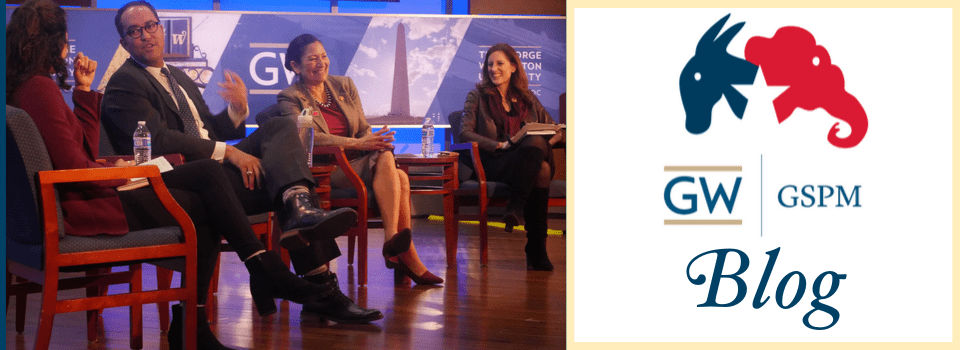Have you ever wondered why your classmate landed the job of her dreams and you’re sitting there depressed about having bombed your recent interview? Well, it’s happened to many of us, and chance are it will happen to you at some point. Try not to despair and don’t beat yourself up.
As with many things in life, preparation is key. We see how much work elite athletes do to stay “on top of their game”. In preparing for interviews, we should emulate elite athletes and practice, practice, practice, and keep practicing until we are doing the best possible job we can do. We will do a better job handling interview questions when we practice them.
Anticipate getting some of the following questions during an interview:
- Why do you want to work here? For this one, you’ll need to make sure to do your research about the organization. Check out the organization’s website and recent news coverage about it.
- Why do you think you are a fit to work here? Again, as with the prior question, you’ll need to do some research about the organization and craft your answer accordingly to show that you’re a fit for the organization.
- Tell me what you know about this organization? Yes, again, you’ll need to do the research about the organization. Too many job candidates fail to do basic research about the organization. Those who do the research will stand out.
- What is the most recent book you’ve read? This isn’t a trick question. Just make sure to have the name of a book you’ve read recently and be prepared to talk a little about it. When possible, try to show some humor or how your reading might relate to either the person you’re talking to or to the organization.
- What tasks do you do well and what tasks do you find challenging? This is the time to really focus on what you do well and show some enthusiasm and passion for working.
- Tell me about yourself? Yes, they’ve usually read your resume in advance, so try to come up with some information about yourself that is positive and shows your interests.
- Where do you see yourself in five years? This question is really old and can seem annoying. Just say you’d like to grow in the current role you’re interviewing about. You want to learn as much as possible.
- Tell me about an experience where you successfully responded to a question, dealt with a rude client, had to tell your boss some unpleasant news? These types of questions are designed to see how well you can relate your experiences to your work and they do take some practice. For these, you might want to role play with a friend or family member to be able to come up with believable answers.
- What did you learn in your coursework that you think would help you to do this job? At a recent Capitol Hill lunch, one of our Hill alums did the best job I’ve seen on someone weaving a discussion of their coursework into her job role. This question will take some time to think about. Start by recording all of the courses you’ve taken and then think about what you learned that would be applicable in a job.
Fortunately, there are several resources available online to help you prepare for interviews. You can watch sample You Tube interviews, you can go to Indeed.com for interview tips - https://www.indeed.com/hire/interview-questions and you can explore other career sites such as Glassdoor - https://www.glassdoor.com/blog/common-interview-questions/
In addition to anticipating and practicing answers to some potential interview questions, make sure to put your best self forward in the interview. Dress to impress. Show interest in the job, don’t come across as a “know-it-all”, be yourself, and show your appreciation to the interviewer. Good luck, and practice, practice, practice.
Margaret “Mag” Gottlieb is the Career Director at the Graduate School of Political Management at the George Washington University. Connect with Mag via email at mag@gwu.edu and on LinkedIn at https://www.linkedin.com/in/margaret-gottlieb-1457753/

